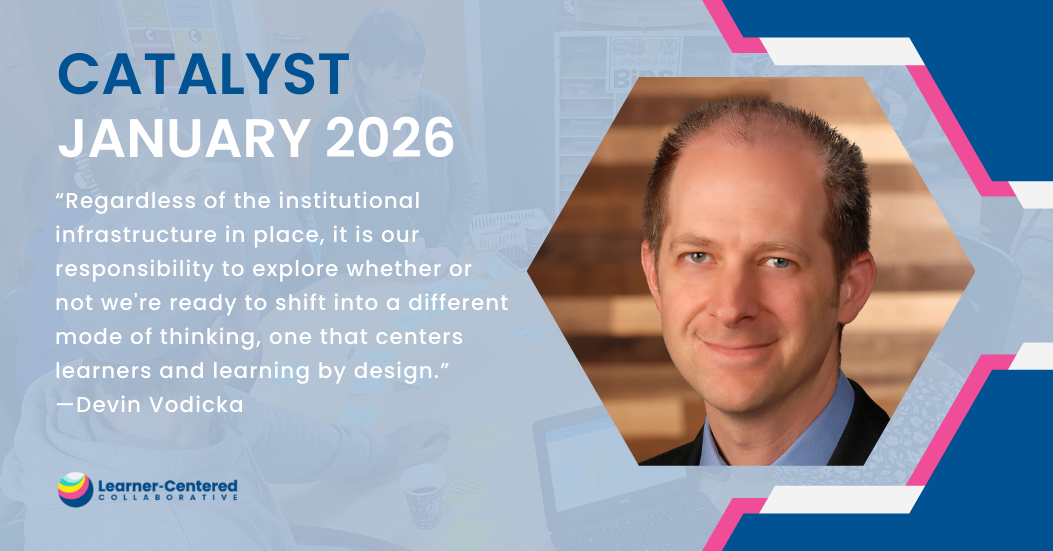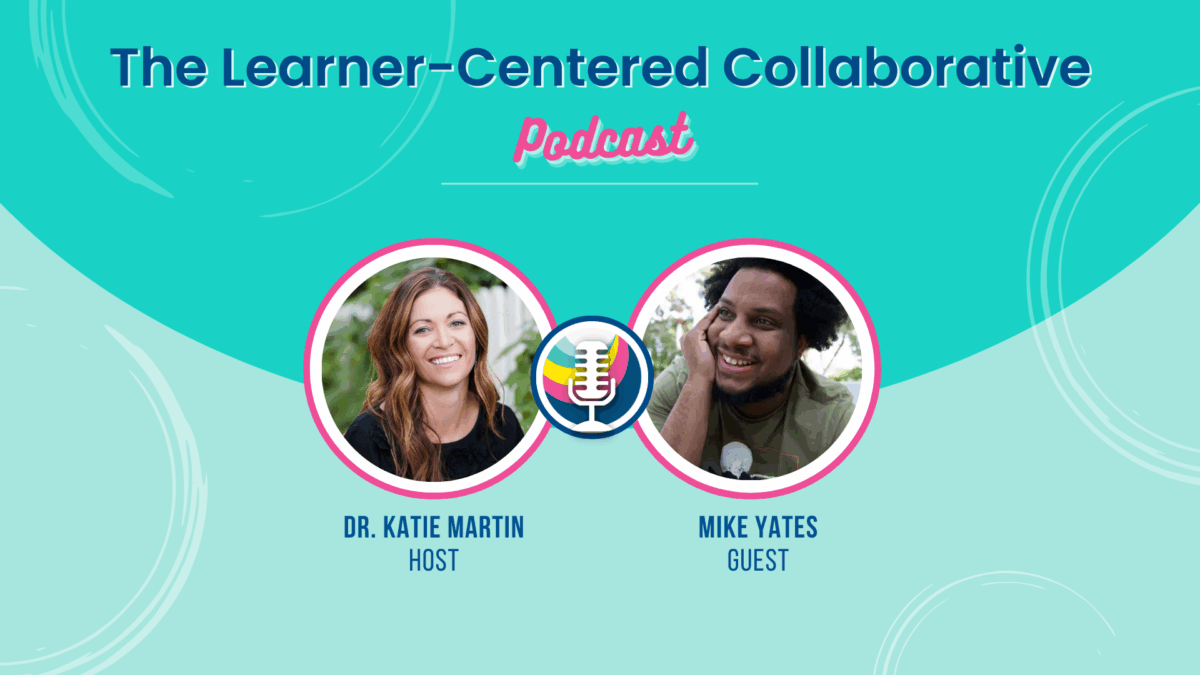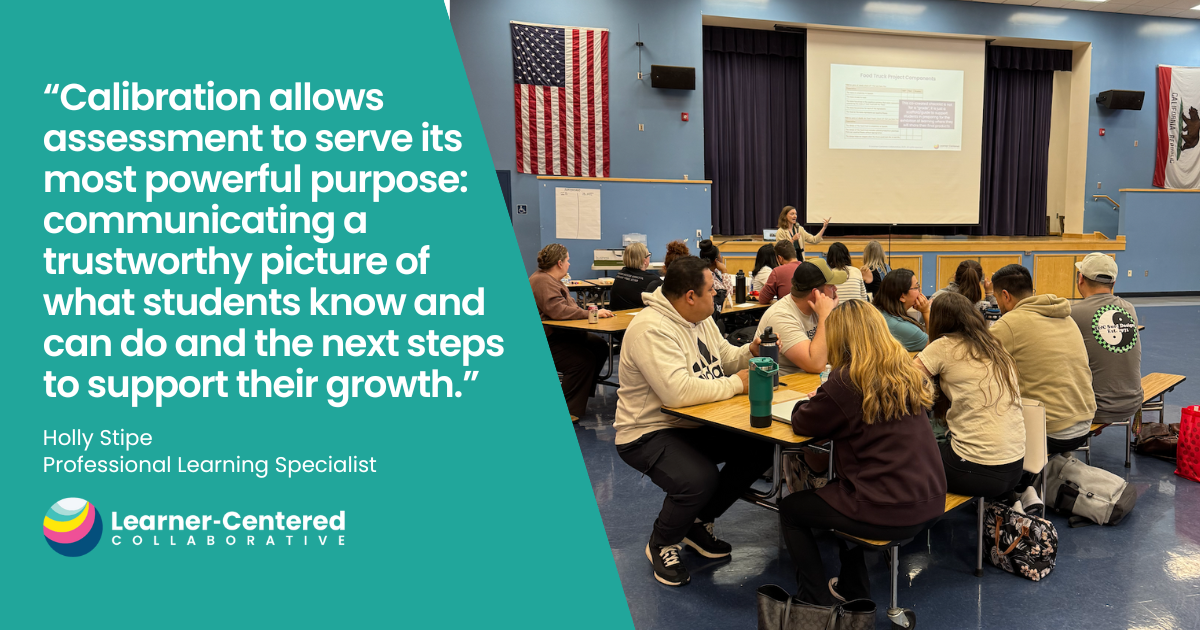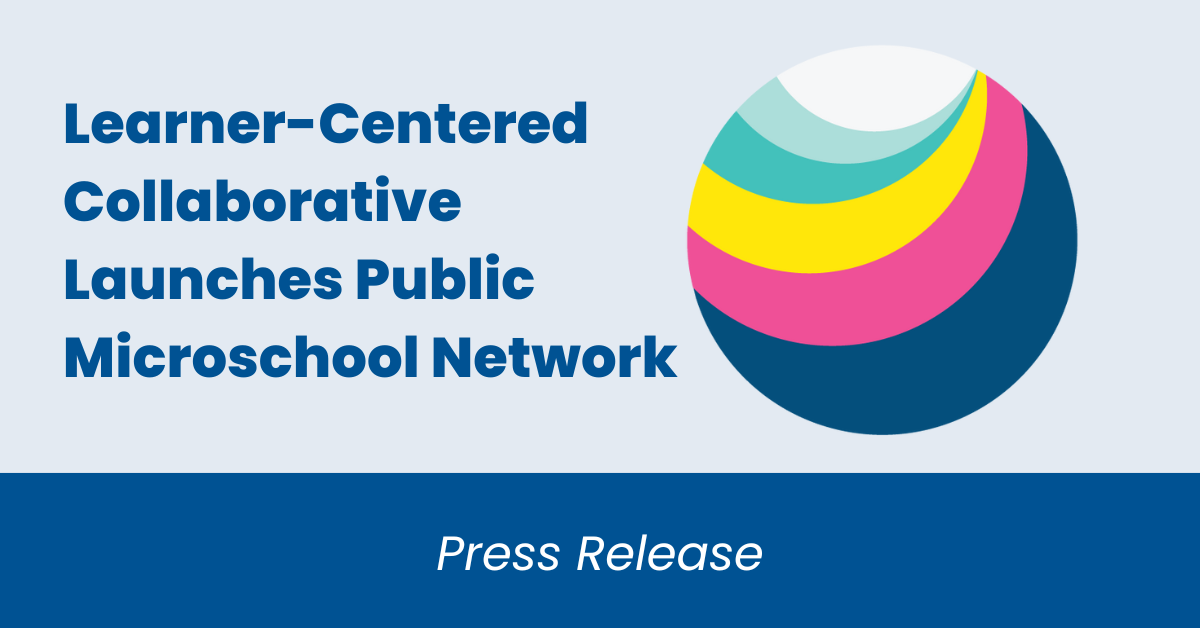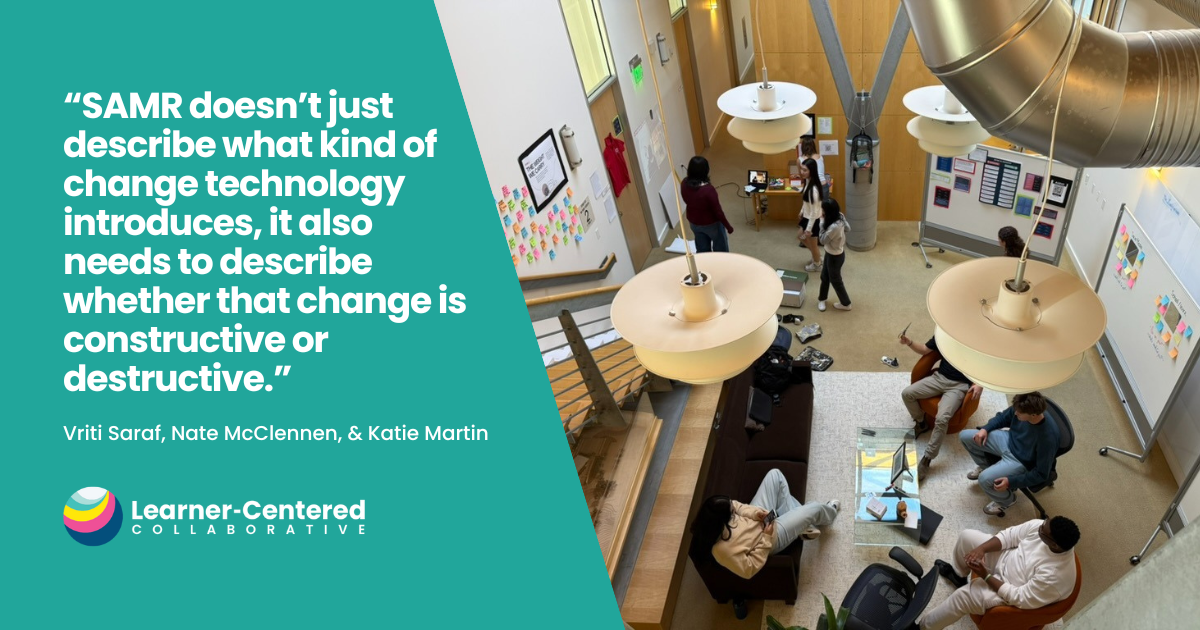Why Mindset Matters in Cultivating Learner-Centered Change
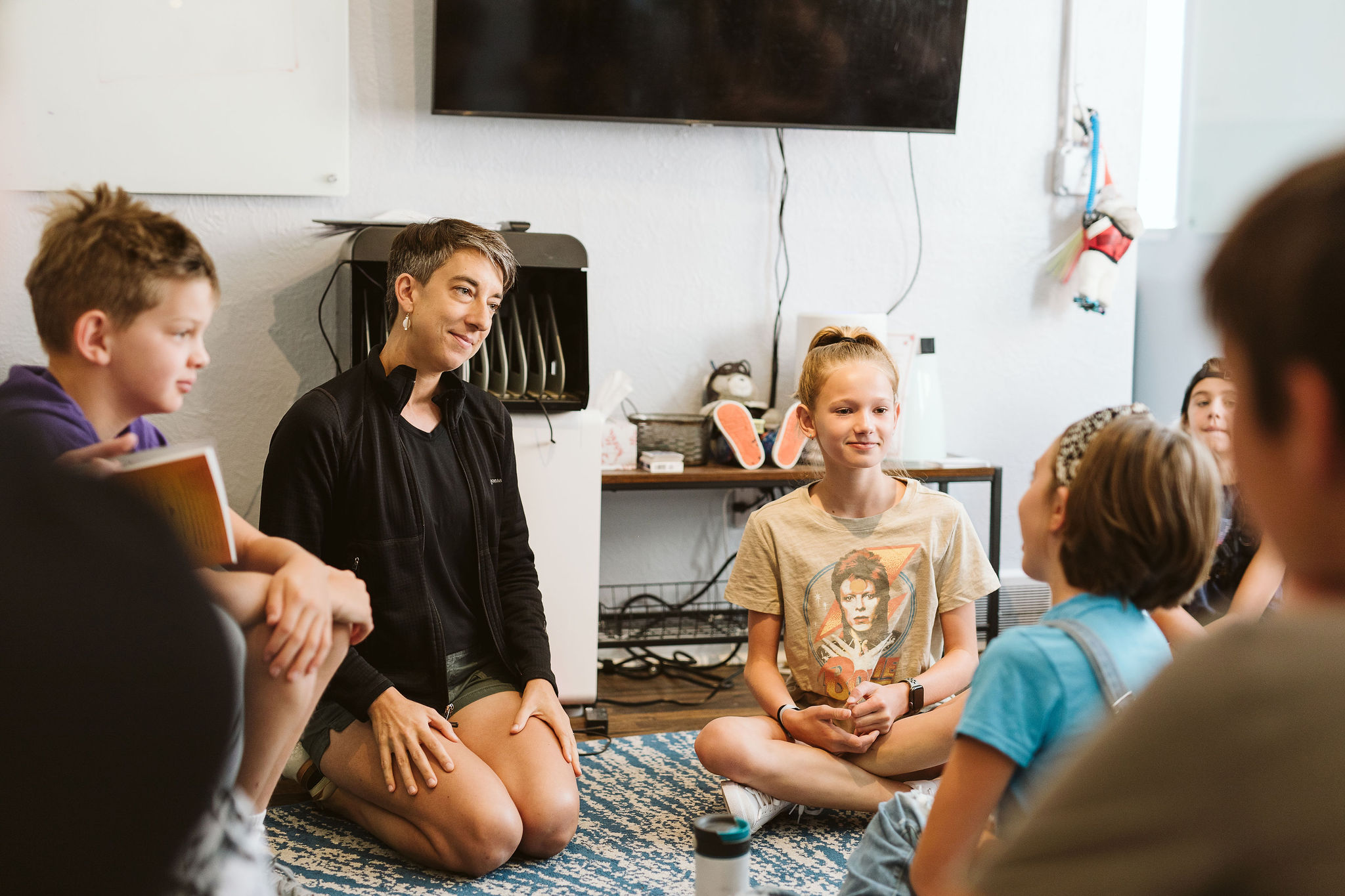
When we introduce new structures or practices in education, we often focus solely on implementing them correctly. However, this approach misses a crucial element: the mindset behind these changes. Our underlying intentions powerfully shape how others experience our designs. The way we think about school, learning, and learners (both youth and adults) fundamentally impacts how our new practices are received. If our underlying beliefs remain the same, even new structures will fail to feel different to educators or learners, and behavior will stay the same. True transformation occurs when we shift not just what we do, but why and how we do it. By shifting our mindset, we can make even familiar practices feel dramatically different and more effective.
Key Mindset Shifts for Learner-Centered Environments
There are key shifts in mindset to embody as you design and create learner-centered environments. A core shift is moving from fear to trust. This mindset underpins the desire for greater learner agency, autonomy, and self-directedness. If we don’t give learners the chance to try and potentially fail because we’re afraid, they will never learn that we trust them and that they can trust themselves. Ask yourself: “If I really trusted that my learner could do anything with enough time and support, how might I engage differently? What might shift in my practice?”
As you embrace more learner-centered practices, you’ll uncover more mindsets to shift. Below is a list of key mindset shifts I’ve identified, experienced, and continue to develop:
- Trust Over Fear or Doubt
- Empowering Over Controlling
- Engagement Over Compliance
- Curiosity Over Judgment
- Possibilities Over Constraints
- Humanity Over Efficiency
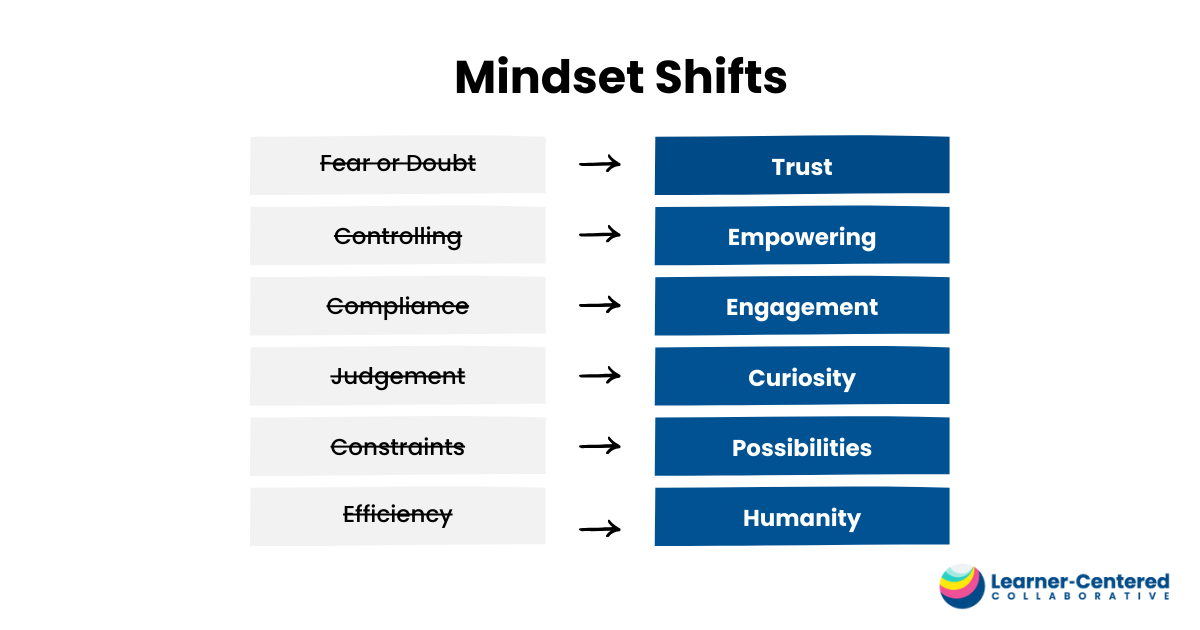
Some mindset shifts are more complex and can’t be contained in just one word. Here are two that have been particularly impactful:
- Supporting Who They Are Now Over Preparing Them for What Comes Later
- Encouraging Failure for Learning Over Preventing Failure for “Success”
The Cycle of Mindset and Practice
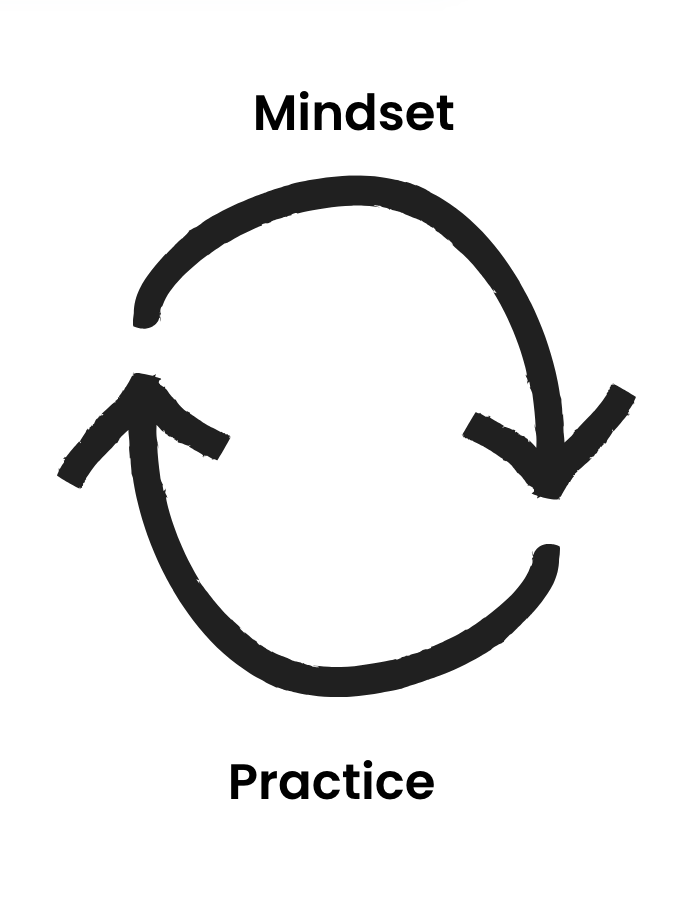
Mindset and practice are linked closely together, influencing each other in a loop. Imagine you have a small intuition that something could be different in your classroom or school, prompting you to make a minor change in practice. When this change succeeds, it confirms your intuition, encouraging you to try another small change. 
As this cycle continues, you gradually shift your mindset about what is possible for learners. You created a virtuous cycle of change, evolving into an upward spiral that catalyzes deeper and broader change in you and your learners.
Let’s apply this to developing learners’ sense of agency through trust. As the school year kicks off, you decide to focus on cultivating trust over fear in yourself and your learners. For a science project, instead of providing all materials upfront, you give learners a budget (perhaps even actual cash) and support them in determining what they need. You allow them to purchase the supplies, maybe even walking to the local hardware store to spend the money themselves, to carry out the experiment.

Knowing that your goal is for them to feel trust, you continually ask yourself throughout this experience:
- “What would trust feel like, right now?”
- “How is fear showing up for me, right now?”
This is your focus, even when you need to redirect your learners, which of course you will need to do. Look for signs of responsible and trustworthy behavior. After the experience, reflect on the ways they demonstrated trustworthiness and consider: “What’s the next thing I can trust them to do?”
Mindset Shift in Adult Culture
To cultivate a culture of agency for our learners, we must move away from a culture of compliance for adults. This means mindset shifts are just as crucial for leaders. One of the most important mindsets for systems change is understanding that the individual is the unit of change–not the school, not the district. Systems don’t change; they are constructs, not living breathing things. People change systems. Each person needs to feel something different to act differently– this is our work as leaders.
For adults, fostering agency through trust might involve giving a team of educators the opportunity to design a unit promoting learner autonomy (similar to the science experiment above). Provide them with the time, space, and resources needed to do the work. Then, affirm their efforts and say “Yes!” to what they come up with, even if it’s a baby step. As long as there is a clear “why”–a clear learner-centered mindset that they are embodying when implementing this new practice.
Knowing that your goal is for them to feel trust, continually ask yourself:
- What would trust feel like, right now?”
- “How is fear showing up for me right now?”
This is your focus, even when you need to support them, which of course you will need to do. Look for moments when they embody the “why” and “how” of the practice they’re trying. During team debriefs, celebrate these moments and ask them about their next steps in continuing to embody the mindset that was their goal.
Leaning into the Mindset Shift
As you create learner-centered ecosystems, context will determine which mindset shifts to consider at any given moment. As you explore the shifts we’ve shared and what you uncover along the way, remember to identify not only what you’re leaning into, but also what you’re moving away from. We need to be clear about what we are resisting and letting go of from the current system so we can create something that truly feels different, catalyzing new ways of being and doing for ourselves and our learners.
Ready to shift mindsets and transform your school? Connect with us today to explore how we can support your learner-centered journey.
